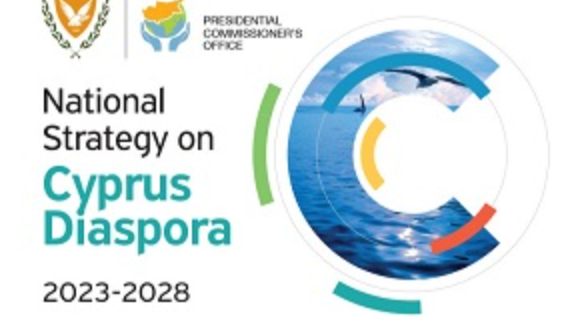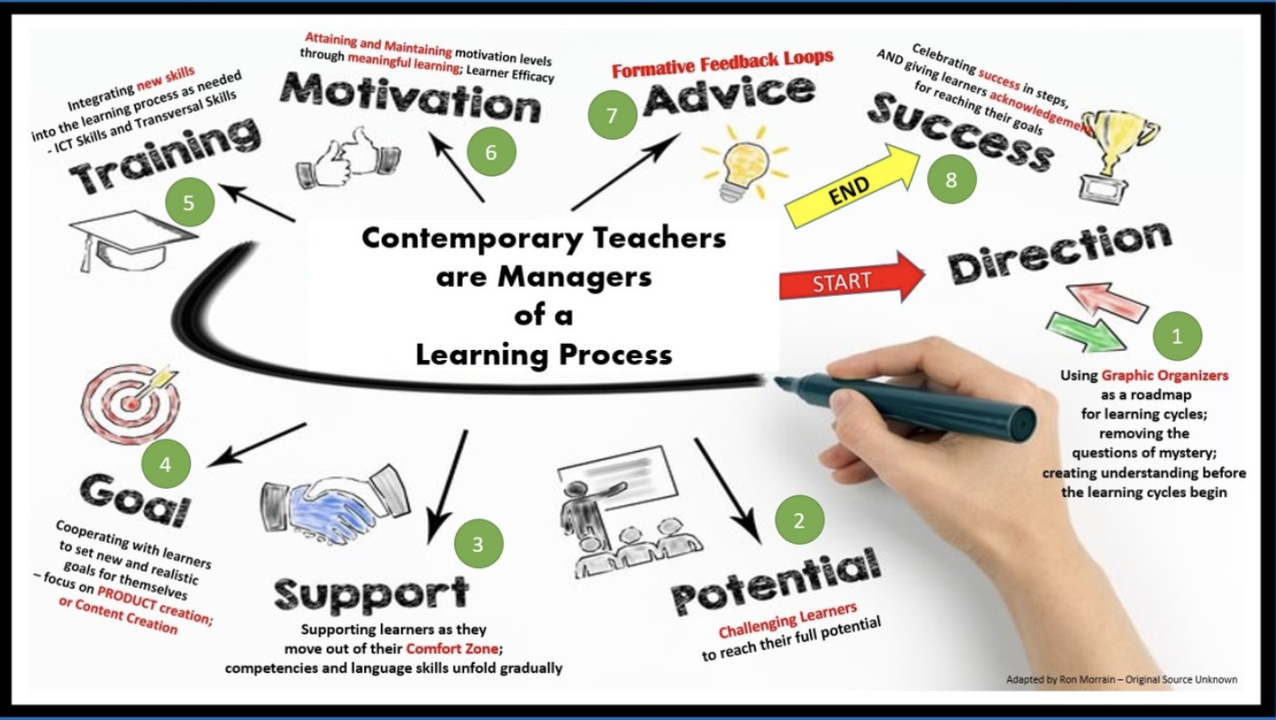Education must prepare students for a rapidly changing world. The UAE School Inspection Framework provides a valuable foundation, but by integrating key elements of a robust School Development Team’s Quality Assurance process, sharpening the focus on critical thinking, AI integration, real-world application, and explicitly incorporating the pursuit of CIS accreditation, we create a truly future-proof and internationally recognised model.
This article explores how this enhanced framework can benefit nations like Cyprus and others.
Building on the UAE Framework’s Core Structure:
The UAE framework provides a robust structure for school evaluation, based on:
National Alignment: Aligning school inspections with national educational goals and priorities.
Rigorous Inspections: Conducting thorough and evidence-based inspections using a six-level performance scale (Outstanding to Very Weak) and defined quantitative terms.
Key Performance Standards: Focusing on six core areas:
- Student Achievement: Measuring attainment and progress against curriculum and international standards, considering variations among student groups.
- Student Personal and Social Development (including Innovation Skills): Evaluating students’ personal growth, social skills, and capacity for innovation.
- Teaching and Assessment: Assessing the quality of teaching practices and assessment methods.
- Curriculum: Evaluating the breadth, depth, and relevance of the curriculum.
- Student Protection, Care, Guidance, and Support: Ensuring student safety, well-being, and access to support services.
- Leadership and Management: Evaluating the effectiveness of school leadership and management practices.
Enhancing the Framework for the Future with Quality Assurance, a Focus on 2040 and Beyond, and CIS Accreditation:
Here’s how we enhance the UAE framework by integrating the School Development Team’s QA processes, future-focused elements, and the pursuit of CIS accreditation:
- Prioritising Critical Thinking and Real-World Application: Curriculum Integration: Explicitly integrate critical thinking skills into the curriculum, moving beyond rote memorisation to develop analytical, evaluative, and problem-solving abilities. This directly addresses the School Development Team’s focus on interventions for students not making expected progress, specifically targeting critical thinking.
- Inquiry-Based and Project-Based Learning: Promote active learning methodologies that encourage questioning, exploration, and the application of knowledge to real-world scenarios, preparing students for dynamic careers.
- Assessment of Higher-Order Thinking: Implement assessment methods that go beyond traditional tests and evaluate students’ ability to think critically and apply their learning in various contexts.
- Connecting to Careers 2040+: Integrate career guidance and future skills development into the curriculum, focusing on emerging industries and job roles. Provide real-world learning experiences such as internships and mentorships, fostering entrepreneurial thinking, adaptability, and resilience.
- Integrating Artificial Intelligence (AI): AI Literacy and Application: Equip students with AI literacy, exploring its potential applications and ethical implications. Utilise AI as a learning tool for personalisation and feedback, and offer programmes developing skills relevant to AI-related careers.
- Strengthening Leadership, Teaching, and Assessment through QA and CIS Alignment: Quality Assurance of Teaching Judgments: Implement robust quality assurance of teaching judgements to ensure accurate assessments of teaching practices, as per the School Development Team’s process. This includes monitoring leaders of learning/coaching programmes and quality assuring mentors. This aligns with CIS standards for effective teaching and learning.
- Leadership Development: Develop middle and senior leadership capacity with a focus on their impact on teaching and learning, mirroring the School Development Team’s emphasis on leadership development through joint lesson observations and learning walks. Schools are required to provide a plan for developing school leadership at all levels, a key component of CIS accreditation.
- Professional Development: Provide targeted professional development on outstanding lessons, leadership for learning, and effective assessment practices (formative and summative), aligning with the School Development Team’s professional development targets and CIS expectations for continuous professional growth. This includes updating the Teaching and Learning framework for outstanding teaching and reviewing the appraisal system.
- Data-Driven Improvement: Utilise data from school results, standardised testing, and classroom assessments to inform teaching and learning strategies, mirroring the School Development Team’s focus on monitoring weekly teaching and learning targets and using progress data. This data-driven approach is essential for demonstrating continuous improvement to CIS.
- Self-Evaluation and Inspection: Leading self-evaluation inspections and providing a precis on each school’s status, as designated by the board, is a key part of the School Development Team’s role. This feeds directly into the CIS self-study process and the external evaluation visit.
- Prioritising Child Protection and Wellbeing (Aligned with CIS Standards): Safeguarding and Well-being: Ensure a child-safe learning environment by embedding safeguarding policies and values, as emphasised by the School Development Team. This includes robust screening and recruitment practices for all adults working with children and clear roles and responsibilities for staff on a Child Protection Team, with defined reporting flowcharts. The Child Protection Policy must be readily available and communicated to the entire school community. This aligns directly with CIS safeguarding standards.
- Achieving and Maintaining CIS Accreditation: Facilitating Accreditation: Supporting schools through the CIS accreditation process, including meetings with heads to initiate the use of the framework for school development and for a potential accreditation visit in 2-3 years. This involves establishing a self-evaluation framework with target dates, developing KPIs for school leadership and staff for an effective appraisal system, developing plans for CIS accreditation for each school, and analysing outcomes to ensure school planning results in improvement. This entire process is now explicitly linked to CIS accreditation requirements.
Benefits for Countries Like Cyprus:
By adopting this enhanced framework, countries like Cyprus can:
- Future-Proof Education: Prepare students for the evolving demands of the 21st century and beyond.
- Develop Critical Thinking and Innovation: Foster students’ abilities to analyse, solve problems, and develop creative solutions.
- Integrate AI Effectively: Equip students with AI literacy and prepare them for AI-related careers.
- Enhance Teacher and Leadership Quality: Invest in professional development and support systems for educators.
- Prioritise Student Well-being and Safety: Create safe, inclusive, and supportive learning environments.
- Achieve International Recognition: Pursue CIS accreditation to demonstrate a commitment to high-quality international education.
- Promote Transparency and Accountability: Provide stakeholders with clear information about school performance and improvement efforts.
Conclusion:
By weaving the key elements of a robust quality assurance process, including a focus on leadership development, rigorous teaching assessment, data-driven improvement, child protection, and the pursuit of CIS accreditation, into the UAE School Inspection Framework, and adding a strong focus on future skills, we create a powerful, internationally recognised model for educational excellence.
This enhanced framework empowers students to become innovative thinkers, effective problem-solvers, and successful contributors to the world of 2040 and beyond, benefiting nations like Cyprus and the wider world.
#education #futureofwork #criticalthinking #AI #innovation #careers #UAE #Cyprus #schoolimprovement #qualityassurance #childprotection #leadership #CISaccreditation








